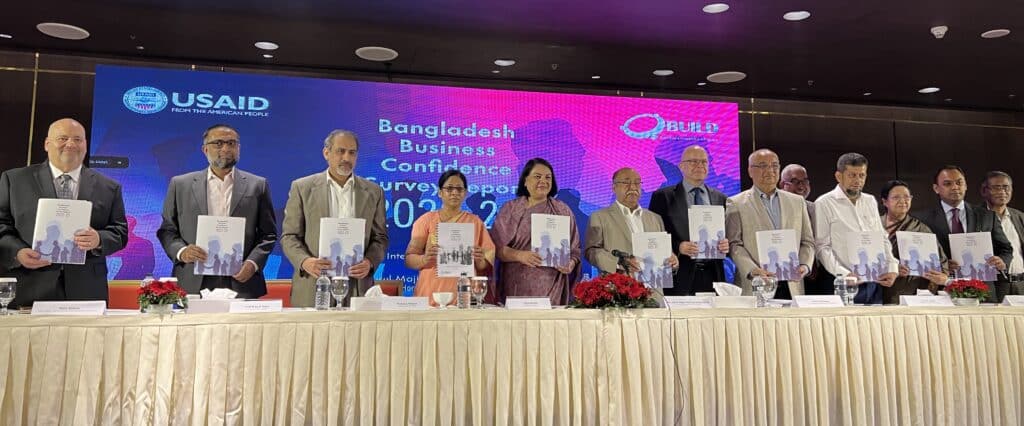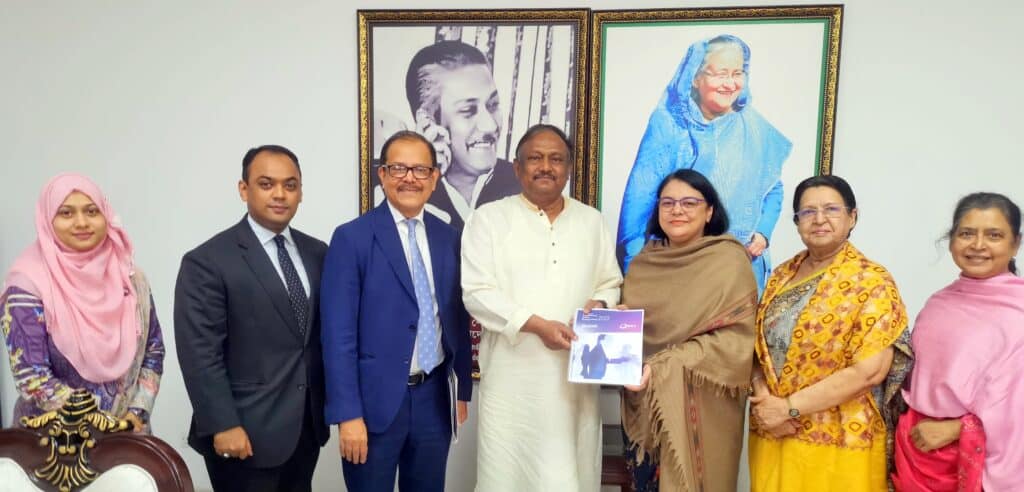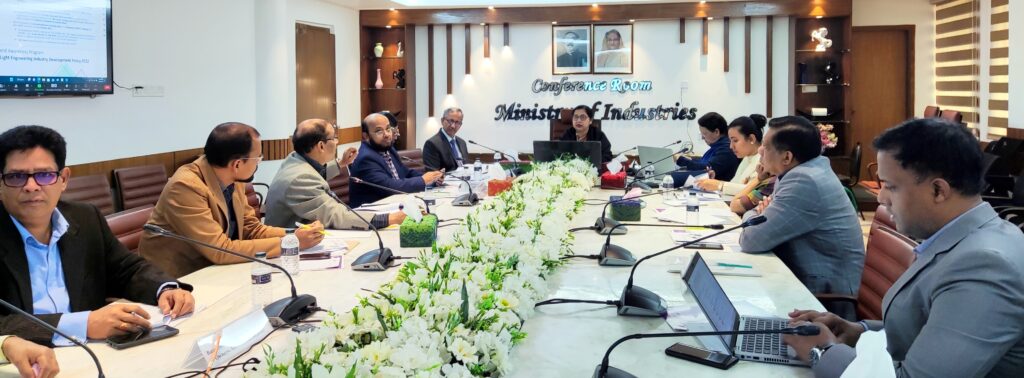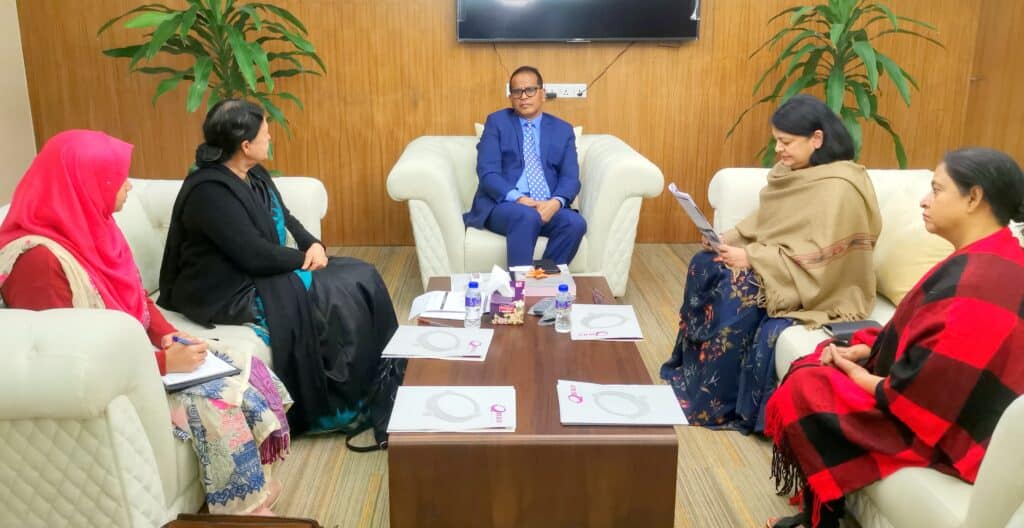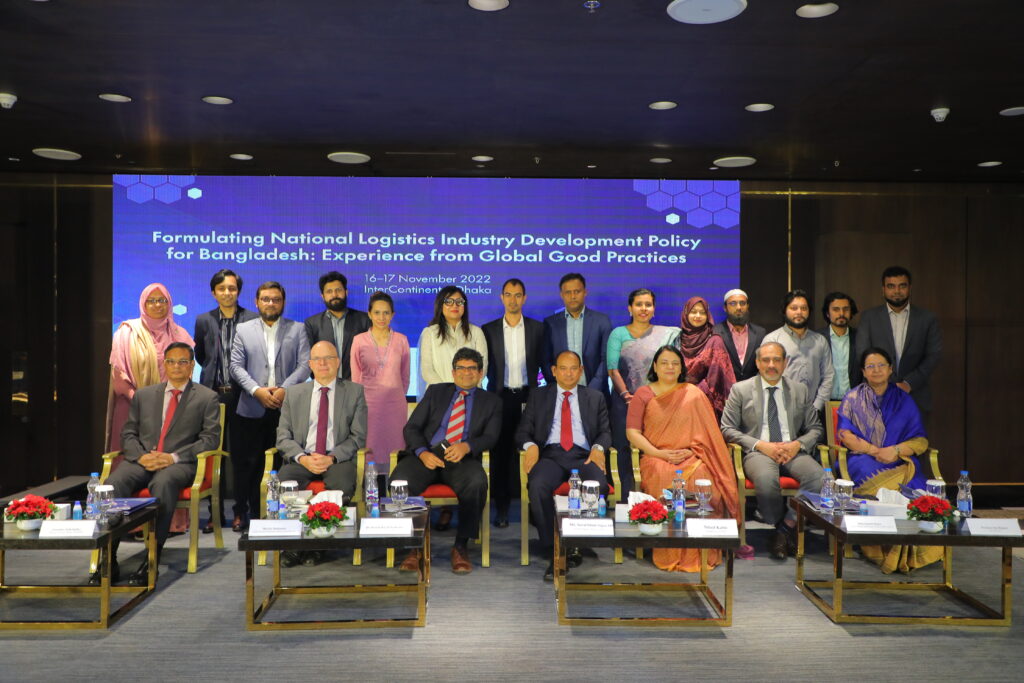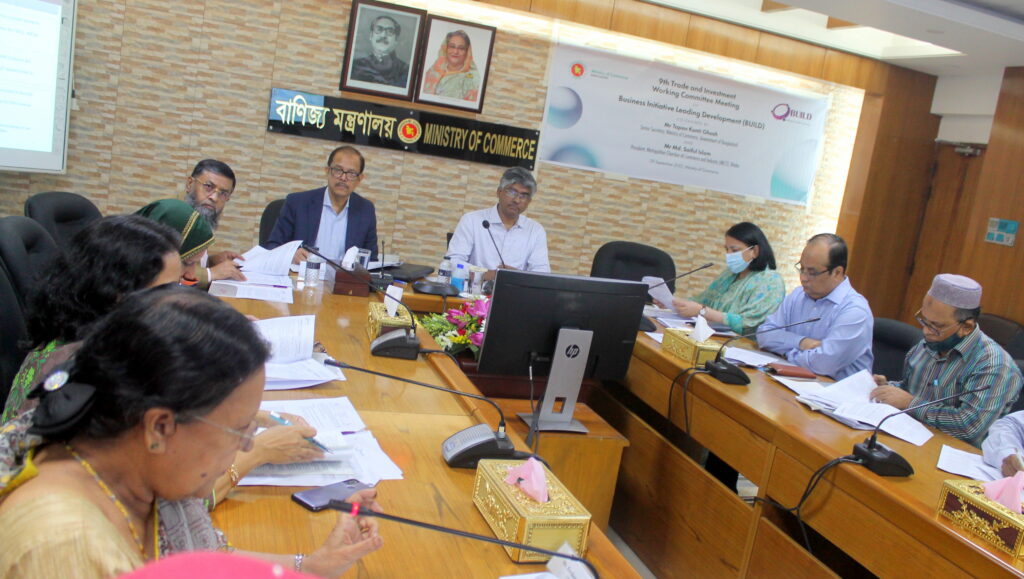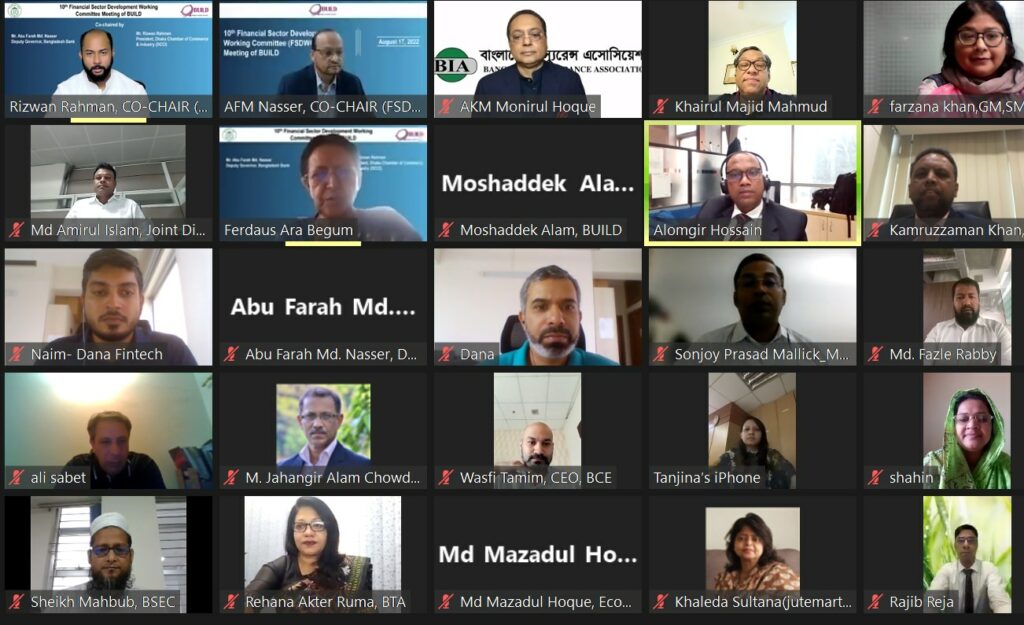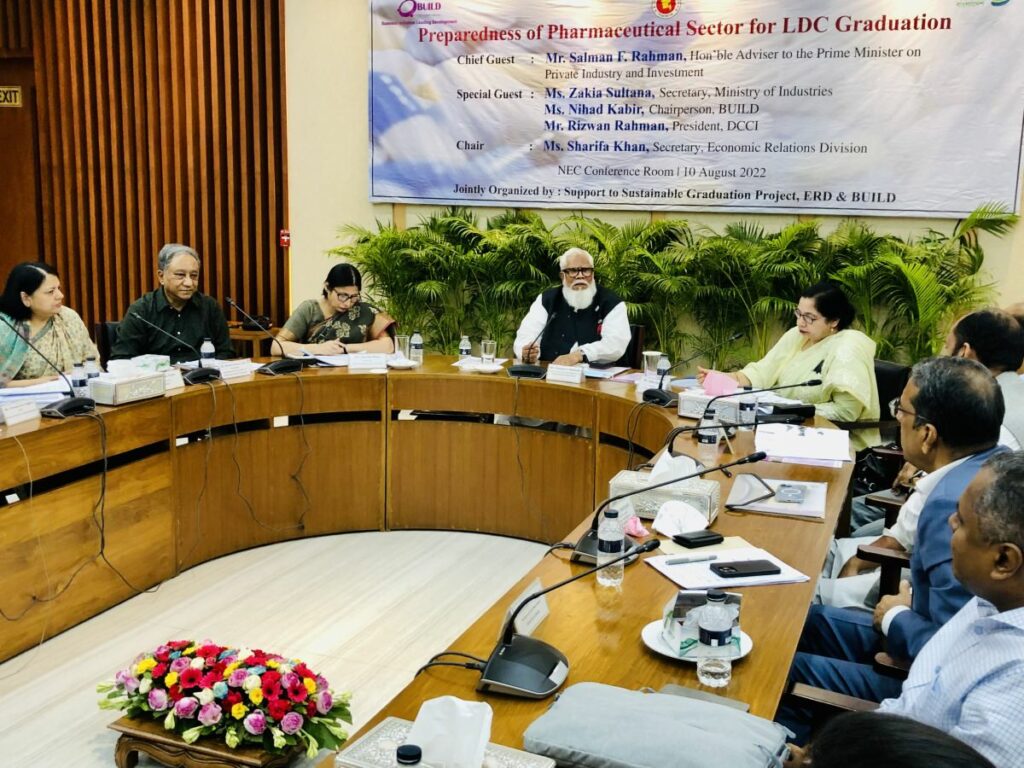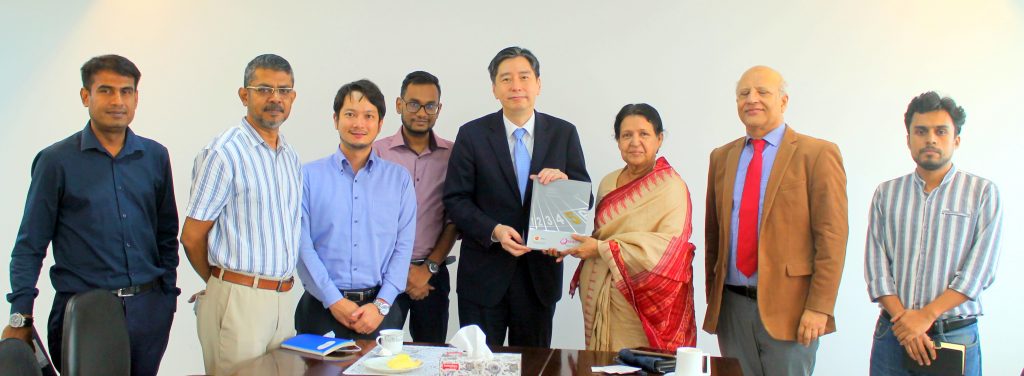Launching of Bangladesh Business Confidence Survey Report 2022-23
The Bangladesh Business Confidence Survey Report 2022-23 reveals that the overall Business Confidence Index (BCI) for 2022 stands at 74.4, indicating a positive outlook for business conditions over the next six months. Business entities across Bangladesh are confident that the volume of orders for the manufacturing sector, demand for services in the service sector, selling prices, and business activity will increase in the next six months. As a result, businesses are willing to expand their employment and investment over the same period. However, business entities, especially in the manufacturing sector, have low confidence in costs, indicating the need for immediate action to address the cost burden of businesses, including the cost of electricity, water, gas, rent, and materials.
The Business Initiative Leading Development (BUILD) and the USAID-funded Feed the Future Bangladesh Trade Activity jointly presented the 5th Business Confidence Survey Report 2022 on 5 March 2023 at InterContinental Hotel, Dhaka. The survey was conducted between September and November 2022, covering 567 business entities across Bangladesh and aimed to analyze the existing business condition in the last six months (March 2022–August 2022) and anticipate turning points in the economic activities for the next six months (December 2022–June 2023) to enable businesses to prepare and plan accordingly to mitigate risks.
Mr Nurul Majid Mahmud Humayun MP, Hon’ble Minister, Ministry of Industries, was the chief guest of the event where Mr Abul Kasem Khan, Co-chair, LIDWC, BUILD, Mr Martin Holtmann, International Finance Corporation, Country Manager, Bangladesh, Bhutan, and Nepal, Mr A.H.M. Ahsan, Vice Chairman, Export Promotion Bureau, Ms Mohsina Yasmin, Executive Member, BIDA, Engineer Sheikh Faezul Amin, Additional Secretary, Ministry of Industries were the Special Guests of the event. Mr Md Sameer Sattar, President, DCCI; Mr Naser Ezaz Bijoy, President, FICCI; Mr Zaki Uz Zaman, Country Representative, UNIDO Bangladesh; Mr Munawar Misbah Moin, President, Accumulators Battery Manufacturers & Exporters Association of Bangladesh, Mr Mohammad Naquib Uddin Khan, President, Bangladesh Supply Chain Management Society, were resource speakers at the event.
Enclosed are the press releases (in English and Bangla) for your kind consideration. Please feel free to contact us for any queries.
Launching of Bangladesh Business Confidence Survey Report 2022-23 Read More »

